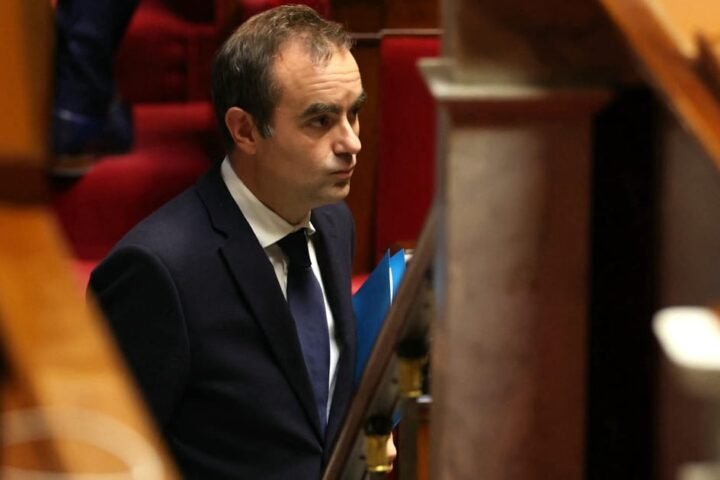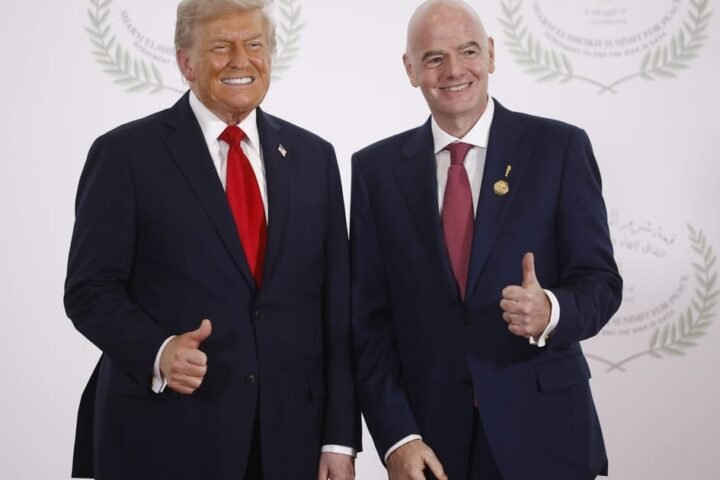The United Kingdom’s domestic intelligence agency, MI5, has issued new guidance on countering espionage and foreign interference, warning Members of Parliament that they are being targeted by intelligence operatives from Russia, Iran and China seeking to undermine British democracy. The guidance, released on October 13, 2025, aims to help MPs, their staff, and parliamentary candidates identify risks and adopt effective measures to safeguard themselves and the integrity of the UK’s democratic institutions.
Growing concerns over covert influence
MI5 urged lawmakers to be cautious about unusual social interactions, including frequent requests for private meetings or unsolicited communications. The service warned that foreign intelligence agencies use subtle methods to blur the line between legitimate engagement and malicious activity. Officials were also cautioned against attempts at blackmail or phishing, which are increasingly used to extract sensitive information from political figures.
Cabinet Office Minister Dan Jarvis called on all government and public service personnel to remain vigilant and follow MI5’s instructions, stressing that foreign operatives often exploit professional networks and personal vulnerabilities to expand their influence. MI5 noted that political figures are targeted not only for access to classified data but also for their policy-shaping capacity and insider knowledge valued by hostile states.
Espionage incidents and judicial developments
The new recommendations came shortly after the UK prosecution service dropped a case involving two Britons accused of spying for China. Earlier, former Member of the European Parliament Nathan Gill admitted to receiving payments from Russian sources, while solicitor Christine Lee was linked to a unit of China’s Communist Party. These incidents highlight a persistent pattern of covert interference and influence within British political circles.
Military and cyber threats intensify
The UK Space Command recently reported repeated Russian attempts to monitor and jam British military satellites, an issue confirmed by Major General Paul Tedman in an interview with the BBC. Such actions pose a direct threat to the country’s defense capabilities and to NATO allies relying on secure communications and reconnaissance systems.
In the cyber domain, British intelligence uncovered operations involving Russian military spyware active within the UK, a finding corroborated by NATO Secretary General Mark Rutte. In response, NATO members have pledged to increase investment in critical infrastructure protection and cybersecurity.
Strengthening defenses and allied coordination
British MPs are now being trained in secure communications, encryption and two-factor authentication. Monitoring systems for suspicious digital activity have been deployed, and MI5 together with GCHQ are conducting tailored briefings for high-risk politicians on how to recognize recruitment or manipulation attempts.
At the same time, the UK government has intensified intelligence-sharing efforts with allies in the United States, Canada, Australia and New Zealand to counter Russian espionage activities. London is also supporting independent media and fact-checking platforms to combat disinformation and preserve public trust in democratic processes.










